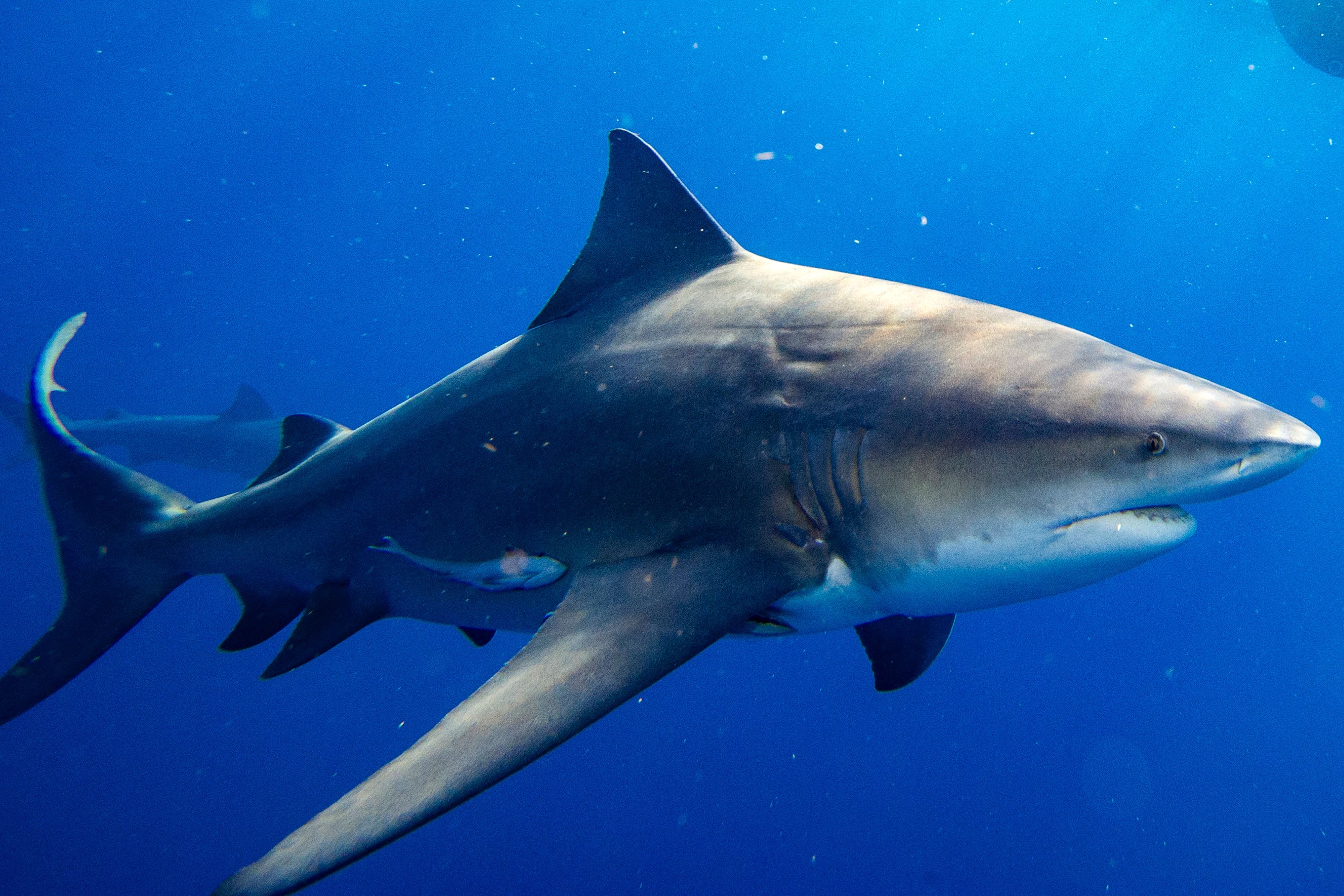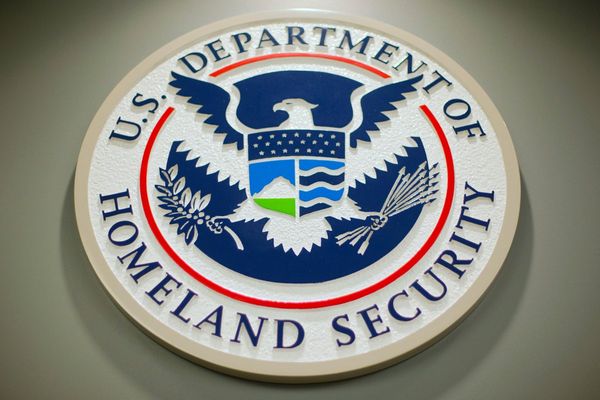A woman died and a man was seriously injured after they were attacked by a shark during an early morning swim at a remote beach on Australia’s east coast.
Experts said it was “very rare” for a single shark to attack more than one person in an incident.
The two victims were identified as two European tourists in their 20s, but officials have declined to provide further details, saying they are still in the process of notifying family members.
Emergency crews were called to Kylies Beach in Crowdy Bay National Park – a largely unpatrolled stretch of shoreline nearly 360km north of Sydney – shortly after 6.30am on Thursday following reports of a double shark attack.
Witnesses attempted to help the pair before paramedics arrived. Despite their efforts, the woman died at the scene.
The man was stabilised by paramedics and flown to John Hunter Hospital in Newcastle in a critical condition, later improving to serious but stable.

Chief inspector Timothy Bayly of the New South Wales Police said the pair “were known to each other” and had been swimming together at the time of the incident.
Superintendent Joshua Smyth of NSW Ambulance praised the bystander who used clothing to fashion a makeshift tourniquet on the man’s leg.
“I just really need to have a shoutout to the bystander on the beach who put a makeshift tourniquet on the male’s leg which obviously potentially saved his life,” he said.
“The courage from some bystanders is amazing,” he was quoted as saying by the Guardian. “It did give us time to get to that male patient.”
A forensic assessment by shark scientists at the New South Wales Department of Primary Industries concluded that a “large bull shark was likely involved”.
Bull sharks are among the world’s most dangerous shark species. They can tolerate both salt and fresh water and are known to enter estuaries and rivers.
Authorities ordered Kylies Beach and neighbouring beaches closed. Five SMART drumlines – baited devices that alert contractors when a shark is hooked so it can be tagged and released – were deployed.
The beach previously had no shark-detection infrastructure and listening stations 20km and 40km away registered no detections on Thursday morning.
Officials are reviewing whether more surveillance capacity is needed along this remote section of the coast.
Shark specialists noted the rarity of a single shark biting more than one person.
“Individual shark attacks are rare. And shark attacks on two people by the same individual is not unheard of, but it's very rare,” Gavin Naylor, director of the International Shark Attack File, told the Associated Press.
He added that the behaviour could depend on prey availability, shark age or feeding conditions.
Rob Harcourt, a marine ecologist at Macquarie University, said that although uncommon, a shark foraging for food could bite more than one person to discourage other animals from interfering. “It is quite unusual, but it’s not unheard of,” Professor Harcourt told the Guardian.
Surf Life Saving NSW issued condolences and urged the public to stay out of the water while drones surveyed the coastline. “This is a terrible tragedy and our deepest condolences go to the families of the woman and man involved,” said chief executive Steve Pearce.
“This area is so remote, there’s no lifeguarding services up there at all,” he told 2GB.
“These incidents are horrific for everyone, and unfortunately, we’ve had a few this year already. We’re thinking of all of those people dealing with this at the moment.”
A report will be prepared for the coroner.
The woman’s death is Australia’s fifth fatal shark attack this year. It comes less than three months after Mercury Psillakis, 57, was killed by a great white shark at Long Reef Beach in Sydney.







